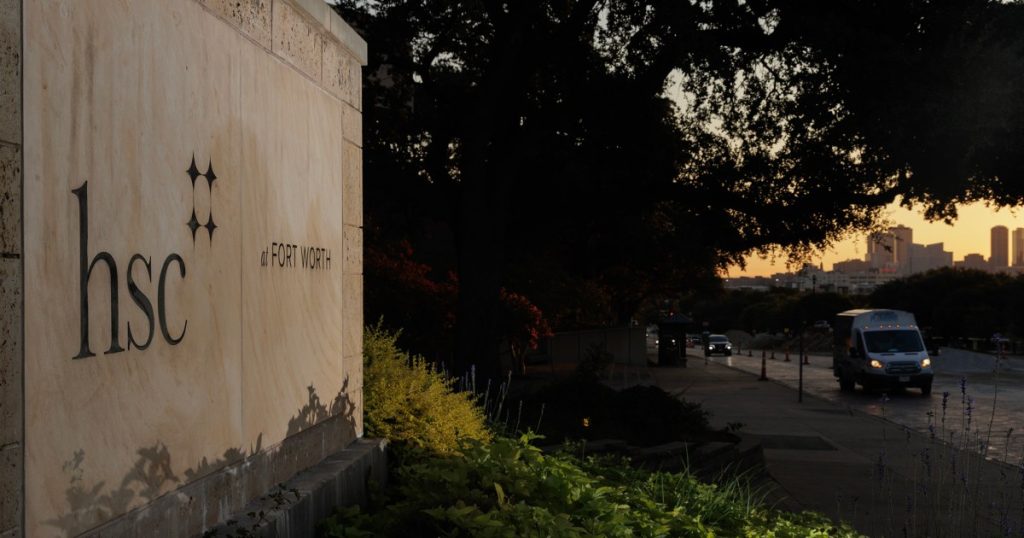The University of North Texas Health Science Center in Fort Worth has been receiving unclaimed bodies from Dallas and Tarrant counties for the past five years. These bodies were assessed for their usefulness in medical research, with those testing positive for infectious diseases or starting to decompose being cremated. The remaining bodies, numbering over 830 out of the 2,350 received since 2019, were embalmed, frozen, or used to train medical professionals or leased out to various institutions and companies. This practice of using unclaimed bodies for research is legal in most of the U.S. and has been touted as a cost-effective way to advance medical science while saving taxpayers money on burial costs.
However, a recent NBC News investigation revealed that at least a dozen families in North Texas were unaware of what had happened to their missing loved ones after they were given to the Health Science Center. In response to the investigation, the Health Science Center halted the use of unclaimed bodies, fired the officials in charge of the body donation program, and issued apologies to the affected families. Subsequently, nine more families have come forward to share that their relatives were also given to the medical program without consent. These families were shocked and upset to learn that their loved ones’ bodies may have been studied, dissected, or leased out without their knowledge.
To assist families in finding answers about the fate of their missing relatives, NBC News is publishing a database of over 1,800 individuals whose bodies were donated to the Health Science Center by Dallas and Tarrant counties since 2019. This information is based on spreadsheets obtained through open records requests from the county medical examiners. This initiative aims to provide transparency and accountability in the handling of unclaimed bodies for research purposes and to help families understand what happened to their loved ones.
The controversy surrounding the use of unclaimed bodies for medical research raises ethical and legal questions about consent and transparency in body donation programs. While the practice is legal in many parts of the U.S. and is seen as a valuable resource for advancing science, the lack of communication with families and the potential for bodies to be used without consent has sparked backlash and calls for greater oversight and regulation in the donation process. Families affected by the issue are seeking answers and closure regarding the handling of their loved ones’ remains and are advocating for changes to prevent similar situations in the future.
The debate over the use of unclaimed bodies for research highlights the complex considerations involved in balancing the need for scientific advancement with respect for the deceased and their families. As technology and medical knowledge continue to evolve, the demand for human specimens for research purposes is likely to increase, making it crucial to establish clear guidelines and safeguards to ensure that body donation programs operate ethically and transparently. The case of the North Texas Health Science Center serves as a cautionary tale about the importance of communication, consent, and accountability in the handling of donated bodies, underscoring the need for reforms in this area.


